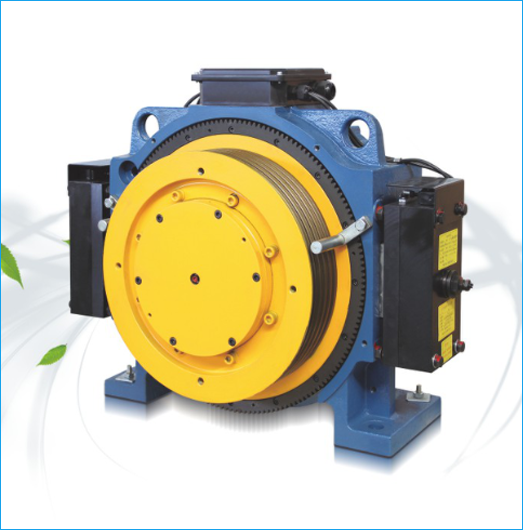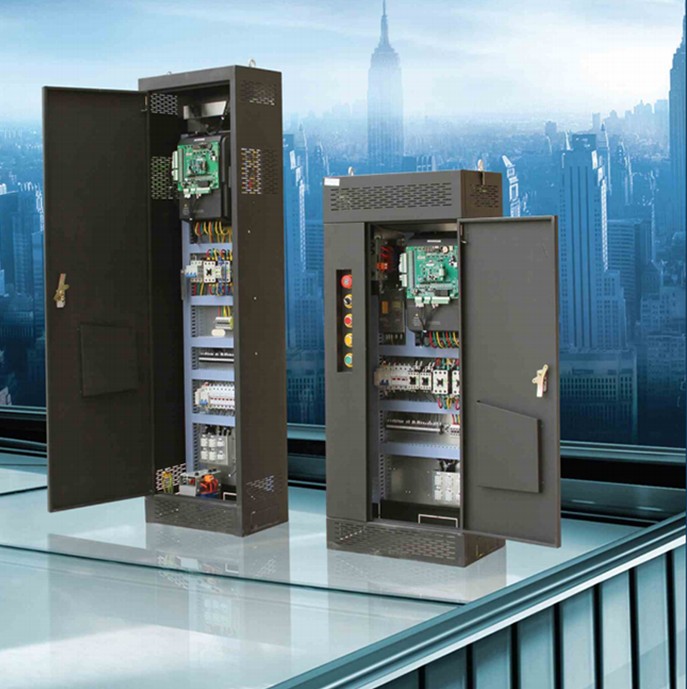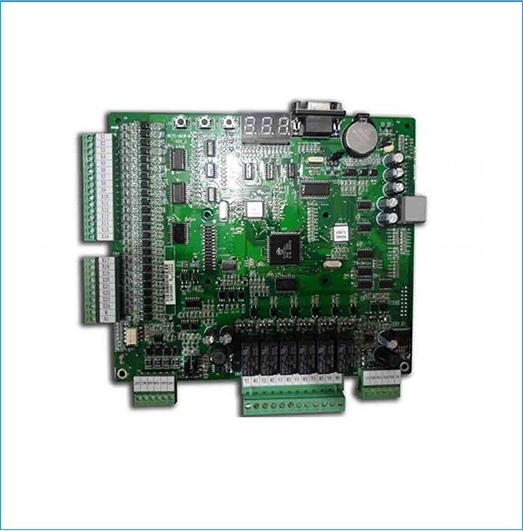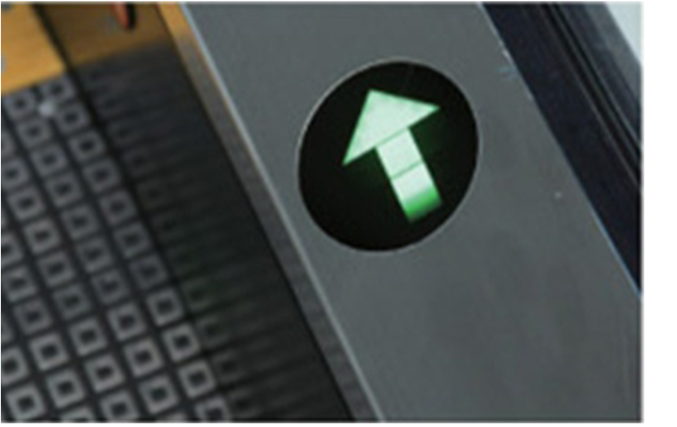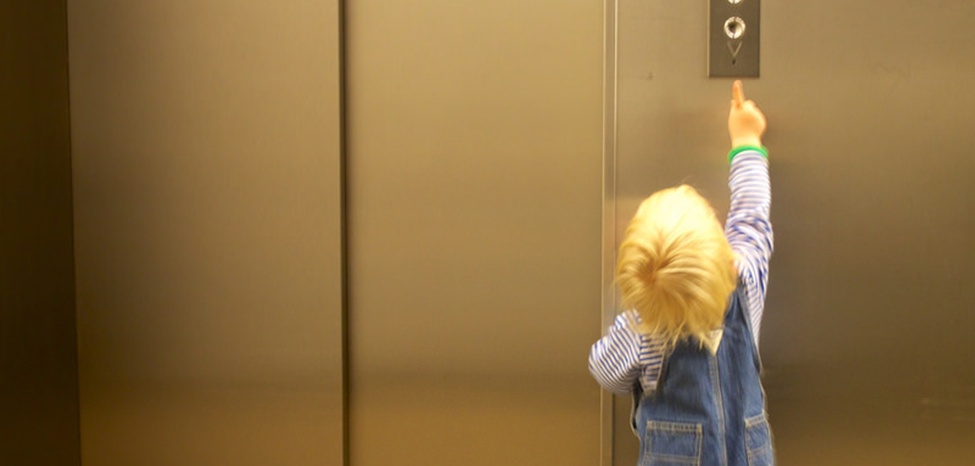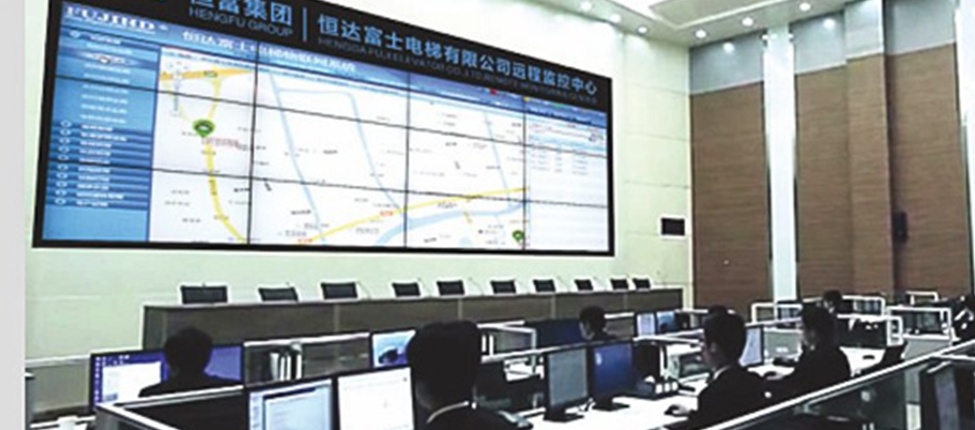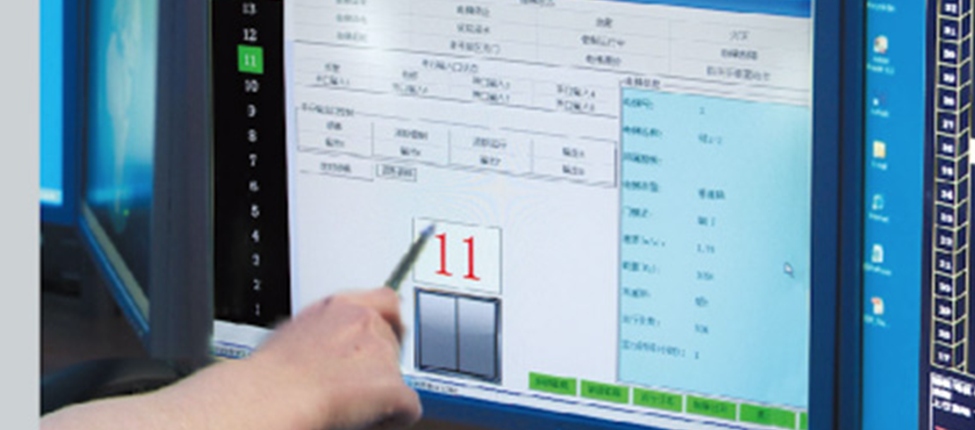Operation Management

Eco-efficient construction
FUJI installs thousands of elevators each year. Our aim is to ensure that our installation services are carried out in an eco-efficient way. Examples of our efforts in this area are: Efficient installation processes and methods that reduce the number of technicians required on site and the environmental impacts of traveling.Clearly defined site requirements that need to be fulfilled before installation starts, eliminating unnecessary site visits. Environmentally efficient waste handling on site, using separate containers for hazardous, metal, electrical, wood, and mixed waste.

Efficient maintenance
The aim of our maintenance services is to keep our customers’ equipment running smoothly and eco-efficiently. Regular professional maintenance helps to prevent breakdowns and increases equipment lifetime. In addition to ensuring a long equipment lifetime we strive to provide our maintenance services in an eco-efficient way. We do this through for example: Route-planning technology to optimize technicians‘driving routes, thereby reducing emissions.Wireless technology and remote monitoring solutions to provide technicians with real-time information, which enables better planned maintenance visits and reduces the number of unnecessary call-outs.

Eco-efficiency in FUJI operations
FUJI is committed to systematically developing the eco-efficiency of our its own operations. FUJI's target is to reduce its carbon footprint by 3% annually relative to net sales.
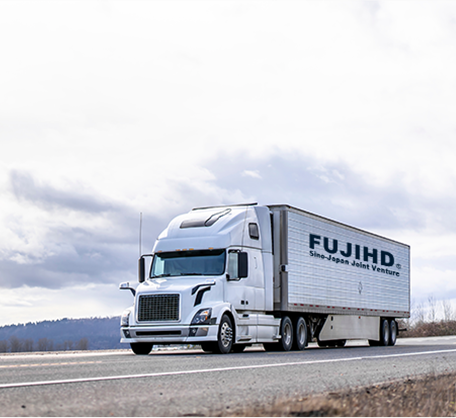
Logistics
Eco-efficiency in logistics is achieved by optimizing the distribution network, maximizing the use of environmentally efficient modes of transport, optimizing delivery loads to maximize the use of space, and centralizing volumes at strategic suppliers to reduce transport distances. In addition FUJI uses advanced, ISO 14000-certified logistics service providers who follow environmentally friendly principles of operation.
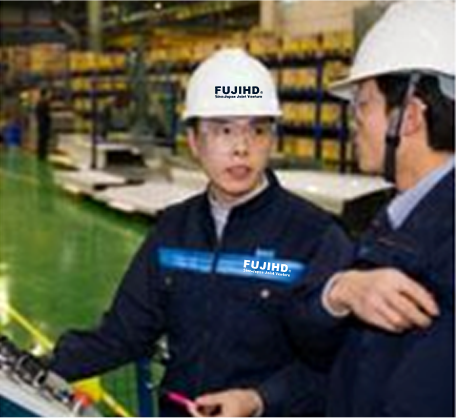
Waste management
FUJI aims to reduce waste in its manufacturing and offices, through reduction at the source, reuse and recycling, or by sending waste for incineration. Only 3% of the waste generated by FUJI’s global supply line is sent to landfill – the remaining 97% is recycled or sent for incineration.

Waste management
FUJI aims to reduce waste in its manufacturing and offices, through reduction at the source, reuse and recycling, or by sending waste for incineration. Only 3% of the waste generated by FUJI’s global supply line is sent to landfill – the remaining 97% is recycled or sent for incineration.
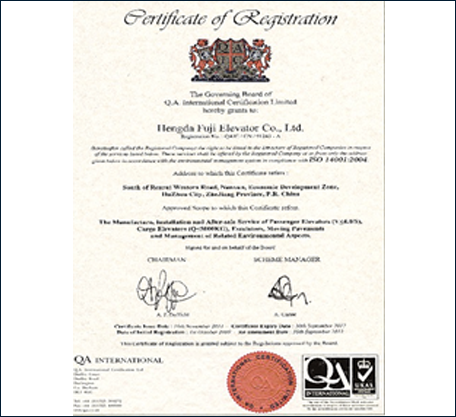
ISO 14001 certification
ISO 14001 certification helps to assure our customers and other external stakeholders that FUJI is committed to providing high quality products and solutions that take the environment into consideration. All of our production units,and FUJI Corporation as a whole, are ISO 14001 and ISO 9001 certified.

Supplier environmental excellence
All FUJI strategic suppliers are required to meet the requirements of ISO 14001. FUJI also requires that all suppliers commit to its Supplier Code of Conduct.



























 Zhejiang public network security
Zhejiang public network security
